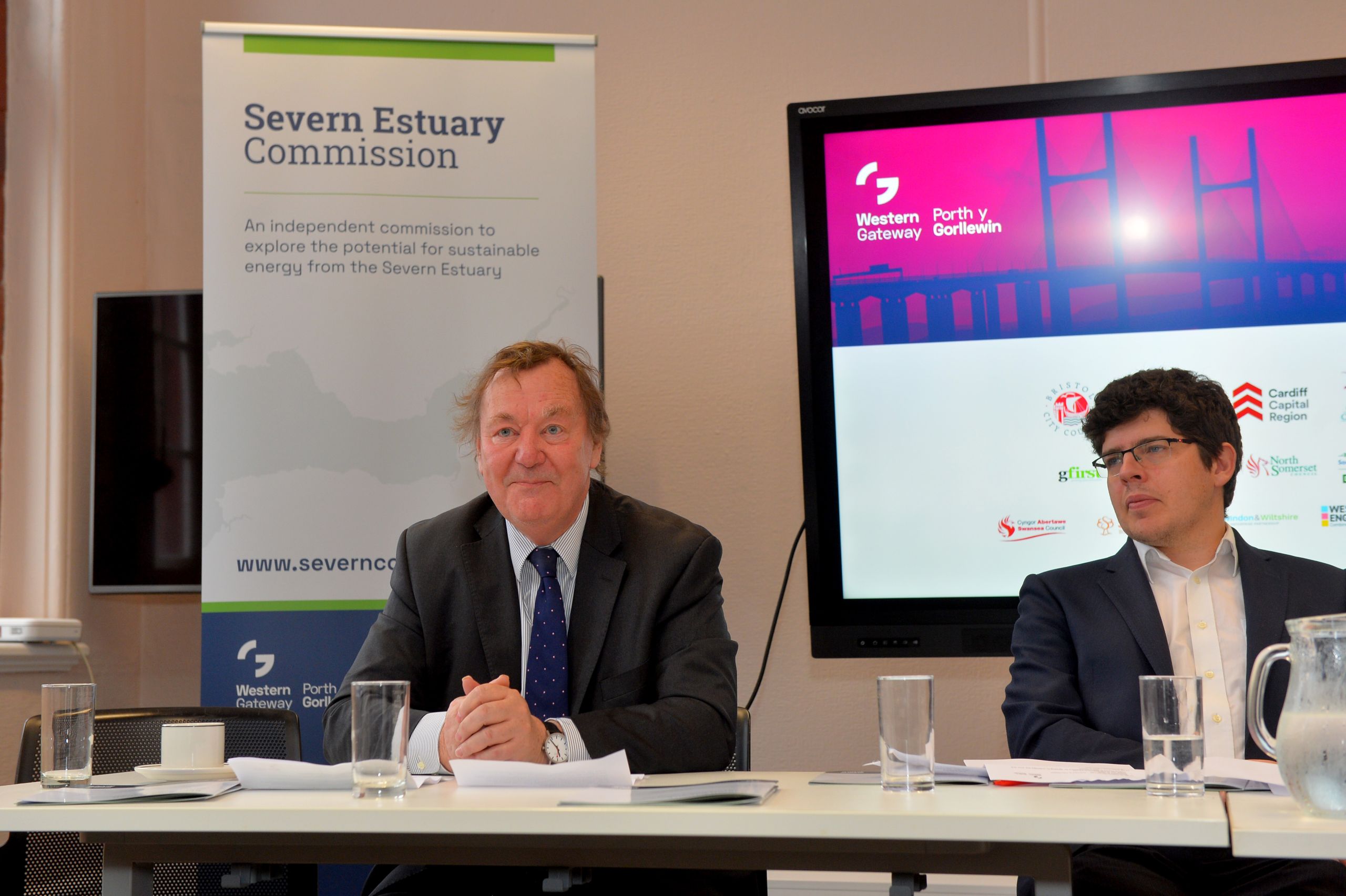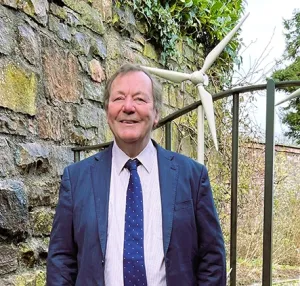
28 August, 2024
Since the Severn Estuary Commission was launched in March, the Commissioners and the team have been hard at work behind the scenes bringing together the evidence base and onboarding the support needed to get work underway. Chair of the Commission, Dr Andrew Garrad CBE FREng, looks back over these first few months to reflect on what the Commission has done over that time and what’s coming next.
There has been a world of change since we launched the Commission in March. Not only has its work ramped up significantly as we take on the challenging question of whether the time is right to harness the huge energy potential of the Severn Estuary – but we also have seen significant national change with an election and a new Government in Westminster.
The recent election of a Labour Government has brought a renewed focus on green energy and infrastructure. The announcement of Great British Energy, its new partnership with The Crown Estate, the establishment of the National Wealth Fund, and the merging of the National Infrastructure Commission and Infrastructure and Projects Authority have also been encouraging, sending a strong signal about government commitment to supporting innovative and sustainable energy solutions for the UK.
I see our role as pivotal in this new landscape.
Our work is not only about providing a robust evidence base to determine the feasibility of tidal energy projects, but also to ensure that these developments are environmentally sustainable with local communities in mind. The alignment between our objectives and the new government’s policies offers a unique opportunity to understand the role that the Severn Estuary can play in powering the UK to a greener, fairer future. We are grateful to The Crown Estate for the collaborative and supportive role they have already played in working with our Commission.
Since the launch of the Commission earlier this year, we have been working to understand the potential for any project to tackle climate change and enhance energy security. We have also been trying to understand how we can ensure the environmental sustainability of tidal projects and their integration with local communities as part of an equitable and just transition to green energy.
The Commission is working with a range of experts and representatives to gather information and establish a solid evidence base. The launch at the Senedd was deliberately centred on the environment, with attendees from Natural Resources Wales, Environment Agency, Natural England, Wildlife Trusts, and others, taking part in the discussions about the project.
The Severn Estuary Commission is focussing its work packages on four areas:
- Environment
- Socio-economic
- Energy
- Finance
Each plays a crucial role in determining whether tidal energy development in the Severn Estuary is feasible. Each is being considered carefully to determine its impact, not just for the environment but also for the local communities and the broader economy.
The Commissioners have participated in several key industry events, such as the Marine Energy Wales Conference, where they had the opportunity to engage with industry leaders and welcomed the announcement of the Tidal Lagoon Challenge projects. The first meeting of the Commission was hosted by Bristol Port, highlighting the importance of the ports in considerations of the estuary. In a similar manner, next month we shall be hosted by RSPB.
I had the pleasure of attending the All-Energy Conference in Glasgow, the UK’s largest low-carbon energy event, where I spoke on the inaugural panel dedicated to tidal range energy.
In order for this Commission to be a success, we need the support of the best experts.
Our call for information was sent to 224 contacts across various organisations, with many responses getting us off to a great start. We are grateful to all those who contributed, as their insights are invaluable in expanding the evidence base and shaping the direction of our future work. We have shared the publicly available information on our website.
I am feeling positive about the work we have conducted so far and the connections we have made to ensure we can successfully deliver recommendations to UK Government that can find a solution to this decades long challenge. We are only at the start of our engagement process, and we envision more in depth and wider engagement over the coming months. Finally, as a veteran of renewable energy but a complete newcomer to tidal range energy these last few months have been fascinating.

Dr Andrew Garrad